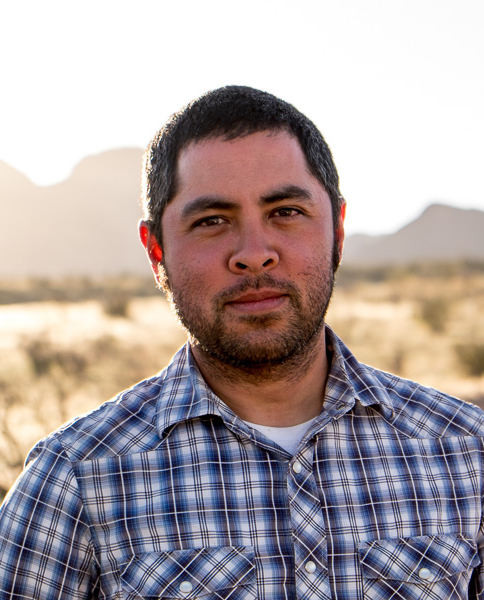Jason De León is Final Speaker in Mudd Lecture Series De León will give a virtual lecture on May 4 at 5 p.m. as part of W&L's Mudd Center for Ethics series.
Jason De León, a professor of anthropology and Chicana, Chicano and Central American studies at the University of California, Los Angeles and executive director of the Undocumented Migration Project (UMP), will give a virtual lecture on May 4 at 5 p.m. as part of Washington and Lee University’s Mudd Center for Ethics series on Global Ethics in the 21st Century: Challenges and Opportunities. The series is a collaboration between the Mudd Center and the university’s Center for International Education.
The discussion, which is free and open to the public to view online, is titled “Understanding the Politics of Migrant Life and Death along the U.S./Mexico Border.” Event registration is required and can be accessed here.
The UMP is a long-term anthropological study of clandestine migration between Latin America and the United States. The study uses a combination of ethnographic, visual, archaeological and forensic approaches to understand this violent social process.
De León has published numerous academic articles, and his work with the UMP has been featured in a variety of popular media outlets. He is the author of the award-winning book “The Land of Open Graves: Living and Dying on the Migrant Trail.” He is also the head curator of the forthcoming global exhibition Hostile Terrain 94. De León is president of the board of directors for The Colibrí Center for Human Rights and a 2017 MacArthur Foundation fellow.
The Mudd Center was established in 2010 through a gift to the university from award-winning journalist Roger Mudd, a 1950 graduate of W&L. By facilitating collaboration across traditional institutional boundaries, the center aims to encourage a multidisciplinary perspective on ethics informed by both theory and practice. Previous Mudd Center lecture series topics have included Race and Justice in America, The Ethics of Citizenship, Markets and Morals, Equality and Difference, The Ethics of Identity and The Ethics of Technology.
 Jason De León
Jason De León
You must be logged in to post a comment.